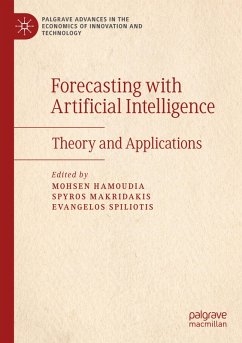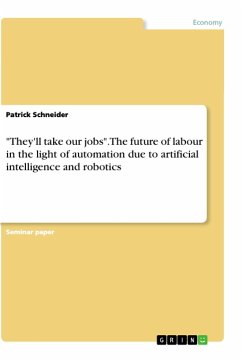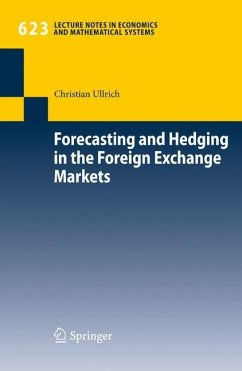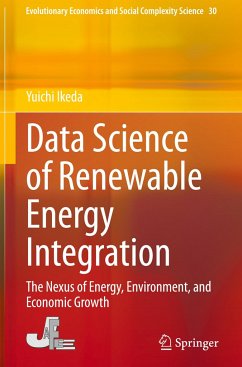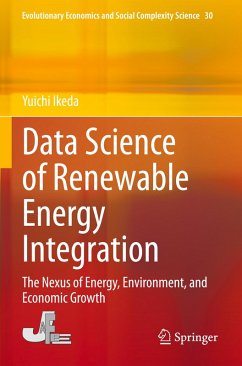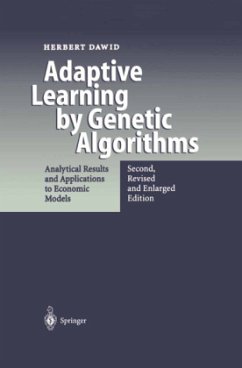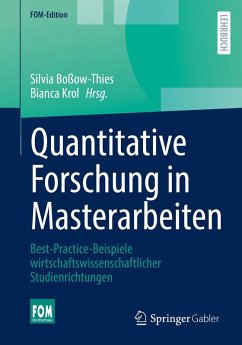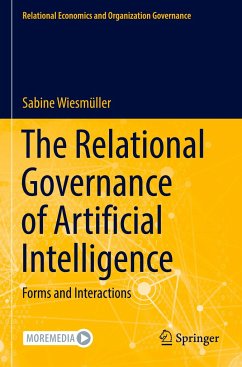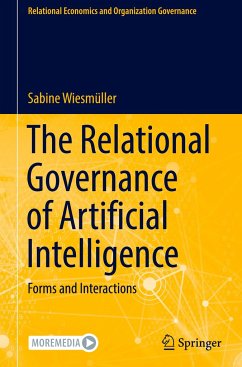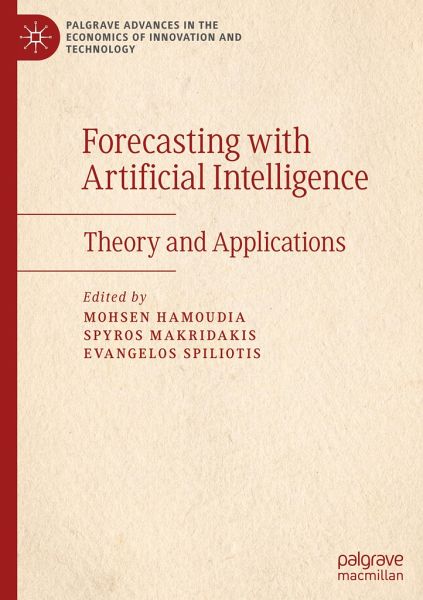
Forecasting with Artificial Intelligence
Theory and Applications
Herausgegeben: Hamoudia, Mohsen; Makridakis, Spyros; Spiliotis, Evangelos

PAYBACK Punkte
65 °P sammeln!
This book is a comprehensive guide that explores the intersection of artificial intelligence and forecasting, providing the latest insights and trends in this rapidly evolving field.The book contains fourteen chapters covering a wide range of topics, including the concept of AI, its impact on economic decision-making, traditional and machine learning-based forecasting methods, challenges in demand forecasting, global forecasting models, meta-learning and feature-based forecasting, ensembling, deep learning, scalability in industrial and optimization applications, and forecasting performance ev...
This book is a comprehensive guide that explores the intersection of artificial intelligence and forecasting, providing the latest insights and trends in this rapidly evolving field.
The book contains fourteen chapters covering a wide range of topics, including the concept of AI, its impact on economic decision-making, traditional and machine learning-based forecasting methods, challenges in demand forecasting, global forecasting models, meta-learning and feature-based forecasting, ensembling, deep learning, scalability in industrial and optimization applications, and forecasting performance evaluation. With key illustrations, state-of-the-art implementations, best practices, and notable advances, this book offers practical insights into the theory and practice of AI-based forecasting. This book is a valuable resource for anyone involved in forecasting, including forecasters, statisticians, data scientists, business analysts, or decision-makers.
The book contains fourteen chapters covering a wide range of topics, including the concept of AI, its impact on economic decision-making, traditional and machine learning-based forecasting methods, challenges in demand forecasting, global forecasting models, meta-learning and feature-based forecasting, ensembling, deep learning, scalability in industrial and optimization applications, and forecasting performance evaluation. With key illustrations, state-of-the-art implementations, best practices, and notable advances, this book offers practical insights into the theory and practice of AI-based forecasting. This book is a valuable resource for anyone involved in forecasting, including forecasters, statisticians, data scientists, business analysts, or decision-makers.





